simple things you can do to support gender equality
You really can make a big difference.
 Every day is a good day to recognise and support the achievements of women and non-binary folk (it’s one of our favourite things to do on this very website). But International Women’s Day (held on March 8) is a rad yearly reminder that gender equality is a collective responsibility; we can all do our bit to create a fairer and more inclusive world. It’s super-important, too, because gender inequality is a major driver of poverty, hunger and disadvantage. When we empower women, everyone benefits. Here are a few simple things you can do to support women in your community and around the globe.
Every day is a good day to recognise and support the achievements of women and non-binary folk (it’s one of our favourite things to do on this very website). But International Women’s Day (held on March 8) is a rad yearly reminder that gender equality is a collective responsibility; we can all do our bit to create a fairer and more inclusive world. It’s super-important, too, because gender inequality is a major driver of poverty, hunger and disadvantage. When we empower women, everyone benefits. Here are a few simple things you can do to support women in your community and around the globe.
buy Fairtrade-certified products
What do these tiger-print undies, fancy jewels, cosy jumpers and spicy tea bags have in common? Not only are they a recipe for a really, really good weekend, they’re all from Fairtrade-certified brands. Thunderpants, Larsen Jewellery, Macpac and SereniTEA are just a few of the ace Australian and Kiwi businesses that have committed to challenging the gender gap by supporting women at every step of the global supply chain. They work with farmers and suppliers to have strict policies against discrimination, harassment and unfair or exploitative labour practices (which tend to impact women the most). Buying products from Fairtrade-certified brands also supports programs that put women in leadership roles (like the new Women’s School of Leadership in Timor Leste, which teaches money management, sustainable farming practices and gender rights to men and women community leaders). How good is that?
Buying products from Fairtrade-certified brands also supports programs that put women in leadership roles (like the new Women’s School of Leadership in Timor Leste, which teaches money management, sustainable farming practices and gender rights to men and women community leaders). How good is that?
call out sexism when you see it
Shutting down sexist comments at work or even among mates can feel icky as heck when you’re shy or afraid of confrontation. But calling out misogyny (or homophobia or racism, for that matter) is one of the most powerful ways you can address discrimination. What you say can protect someone from being hurt, and help people reconsider their harmful attitudes. How you call someone out depends on the situation and your comfort level, but it could be as simple as visibly rolling your eyes at a sexist joke, telling someone “that’s not funny”, or checking in on the person affected. (Pop over here or here for a heap of helpful tips.) It may be awkward at first, but we reckon you’ll feel better for doing the right thing.
use gender-inclusive language
Long gone are the days where it was the height of politeness to address a group of people as “ladies and gentleman”. Using gender-neutral or non-binary language (like ‘“folks” or “y’all”, if you’re a whimsical sort) makes everyone feel welcome, especially because you should never assume someone’s gender identity or sexual orientation (try “partner” instead of “boyfriend” or “girlfriend”). Language is often a marker of unconscious bias – and a reminder that history has excluded women from positions of power – which is why it’s a tip-top idea to avoid gendered terms like “fireman”, “mankind” or “stewardess”, when more inclusive alternatives exist.
watch and read art created by women
It’s pretty neat that you can fight sexism by sitting down with a cuppa and watching a film. The stories we consume and reward – whether they’re in movies, books, TV shows or music – have a big effect on how we see ourselves and other people. Popular culture is a powerful platform for diverse voices, but we can’t hear what they have to say if we don’t give them an opportunity. Last year, women wrote only 17 per cent of the top-grossing films in Hollywood. And most Australian high school students are still reading books written by white men. You can help increase representation by giving your attention and cashola to art created by and about women.
research local pollies and their stance on gender equality
Our ancestors fought so hard for a woman’s right to vote, they resorted to marches, hunger strikes and even arson. Make them proud by using your political voice to support and elect pollies who have a strong stance on gender equality. Find out what policies they have in place for addressing issues like the gender pay gap, intimate partner violence, the rights of migrant women and workplace harassment. Don’t like what you see? Why not run for office yourself?
These nifty tips were brought to you by our mates at Fairtrade Australia & New Zealand. Fairtrade certification means that businesses have committed to challenging the gender gap, enabling women to succeed on their own terms. Learn more about the work they do here.

_copy.png&q=80&h=682&w=863&c=1&s=1)
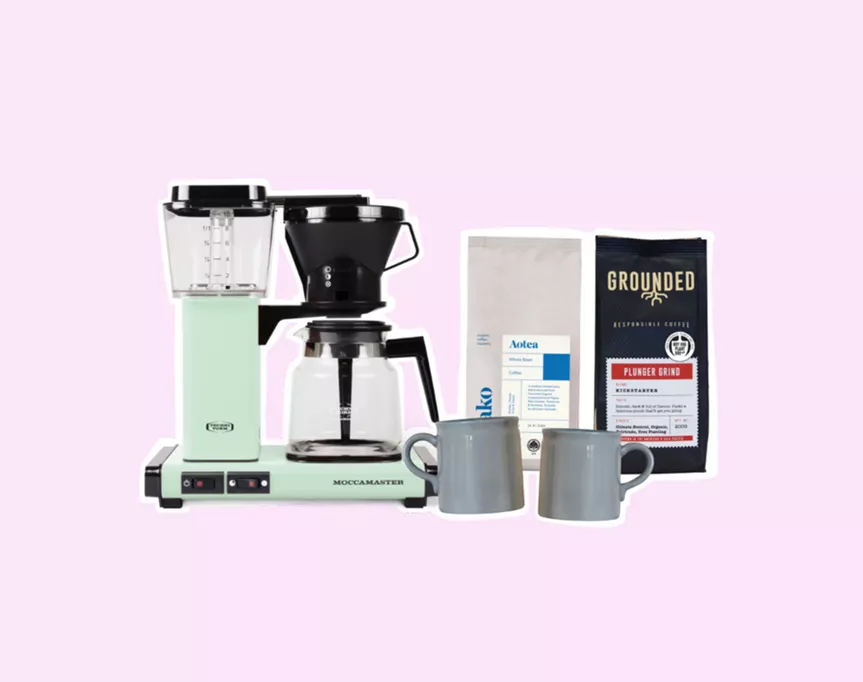
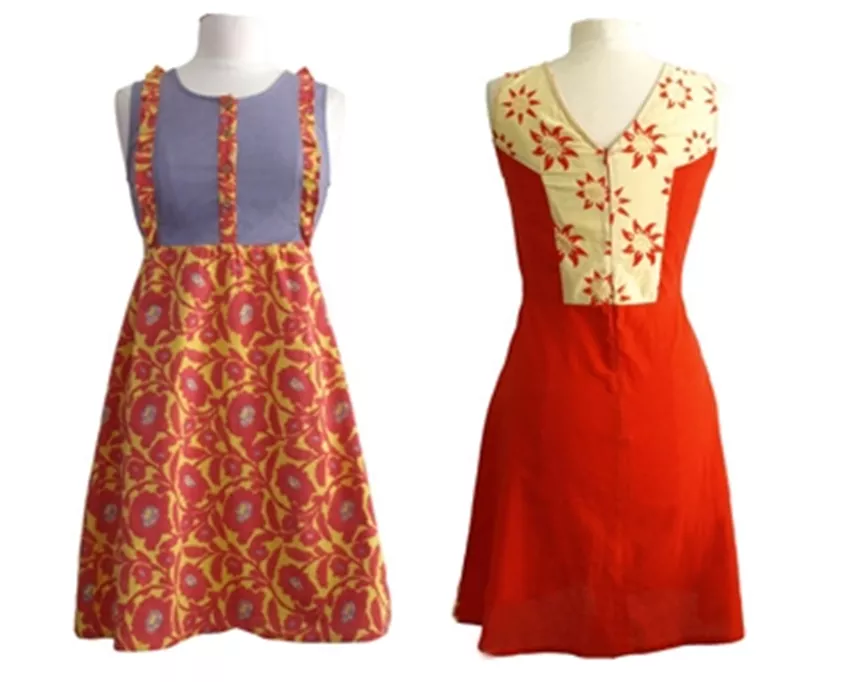

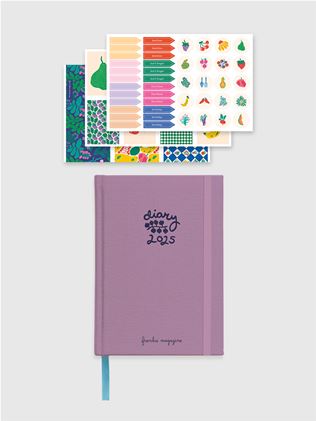
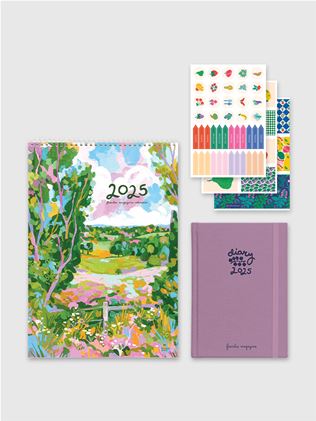
.jpg&q=80&w=316&c=1&s=1)










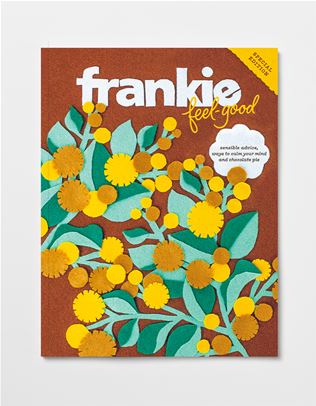






.jpg&q=80&w=316&c=1&s=1)










